Google patents sticky car to protect pedestrians
Flypaper-like solution would eliminate secondary impacts between pedestrians and the road
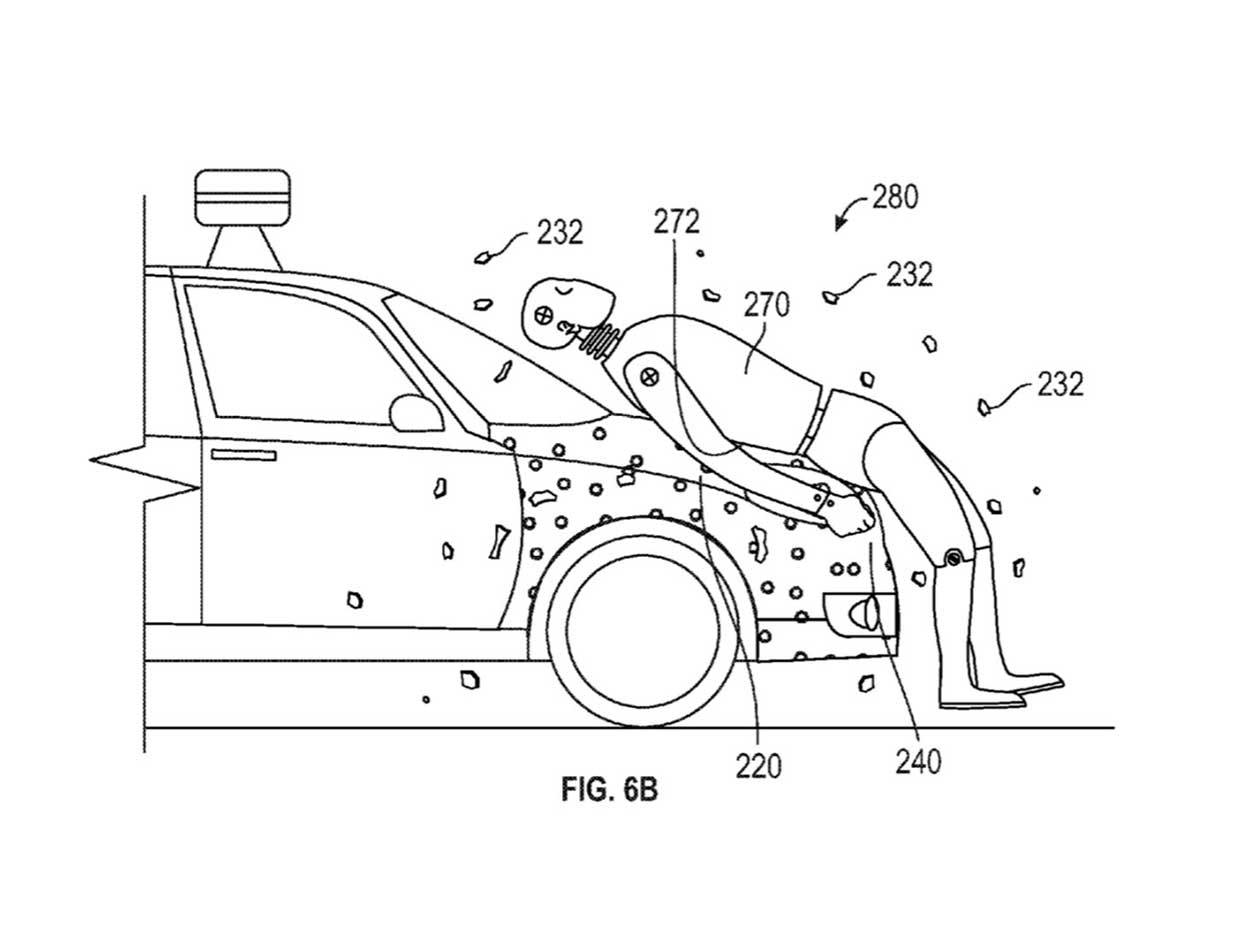
A free daily email with the biggest news stories of the day – and the best features from TheWeek.com
You are now subscribed
Your newsletter sign-up was successful
While Google is busy whittling away the miles to develop a self-driving car – with passenger safety as one of its core goals – it seems the tech giant has already started to think beyond the people who will sit in their vehicles, to those who may hazardously come into contact with them.
A new patent has been revealed showing Google may be interested in developing a new and unconventional way of protecting pedestrians who may be struck by one of its cars in an accident – human flypaper.
The patent sketches show a car with a front end covered in a strong adhesive layer that would bond pedestrians to the bonnet should an accident occur.
The Week
Escape your echo chamber. Get the facts behind the news, plus analysis from multiple perspectives.

Sign up for The Week's Free Newsletters
From our morning news briefing to a weekly Good News Newsletter, get the best of The Week delivered directly to your inbox.
From our morning news briefing to a weekly Good News Newsletter, get the best of The Week delivered directly to your inbox.
For the sake of maintenance, It would be protected underneath a special egg-shell like coating that breaks away in the event of a collision, "preventing bugs, leaves and avian deposits from becoming stuck to the car", says the Daily Telegraph.
It may seem odd, but Google thinks it has good reason to explore sticking people to its cars.
"In the event of a collision between a vehicle and a pedestrian, injury to the pedestrian is often caused not only by the initial impact of the vehicle and the pedestrian, but also by the ensuing secondary impact between the pedestrian and the road surface or other object," the company explains in the patent.
The pedestrian would be carried on the front of the vehicle until the driver – or the car itself considering Google's self-driving ambitions – reacts to the impact and applies the brakes, before coming to a halt. A far more gradual stop for the person hit than bouncing off the front.
A free daily email with the biggest news stories of the day – and the best features from TheWeek.com
Car companies already design their vehicles with extensive pedestrian safety measures in mind, such as external airbags and pedestrian crumple zones, but the tech giant says that none of these technologies come with secondary impacts in mind.
Gizmodo points out a secondary advantage of the adhesive layer – it could drastically cut down the number of hit and run accidents.
Being a patent, there's no evidence that it's an idea that Google will bring to life. A spokesperson told the San Jose Mercury News that "we hold patents on a variety of ideas. Some of those ideas later mature into real products and services, some don't".
-
 Why are election experts taking Trump’s midterm threats seriously?
Why are election experts taking Trump’s midterm threats seriously?IN THE SPOTLIGHT As the president muses about polling place deployments and a centralized electoral system aimed at one-party control, lawmakers are taking this administration at its word
-
 ‘Restaurateurs have become millionaires’
‘Restaurateurs have become millionaires’Instant Opinion Opinion, comment and editorials of the day
-
 Earth is rapidly approaching a ‘hothouse’ trajectory of warming
Earth is rapidly approaching a ‘hothouse’ trajectory of warmingThe explainer It may become impossible to fix
-
 Pathfinder 1: world's largest aircraft unveiled in California
Pathfinder 1: world's largest aircraft unveiled in CaliforniaSpeed Read Vast electric airship promises 'climate-friendly' transportation and humanitarian aid
-
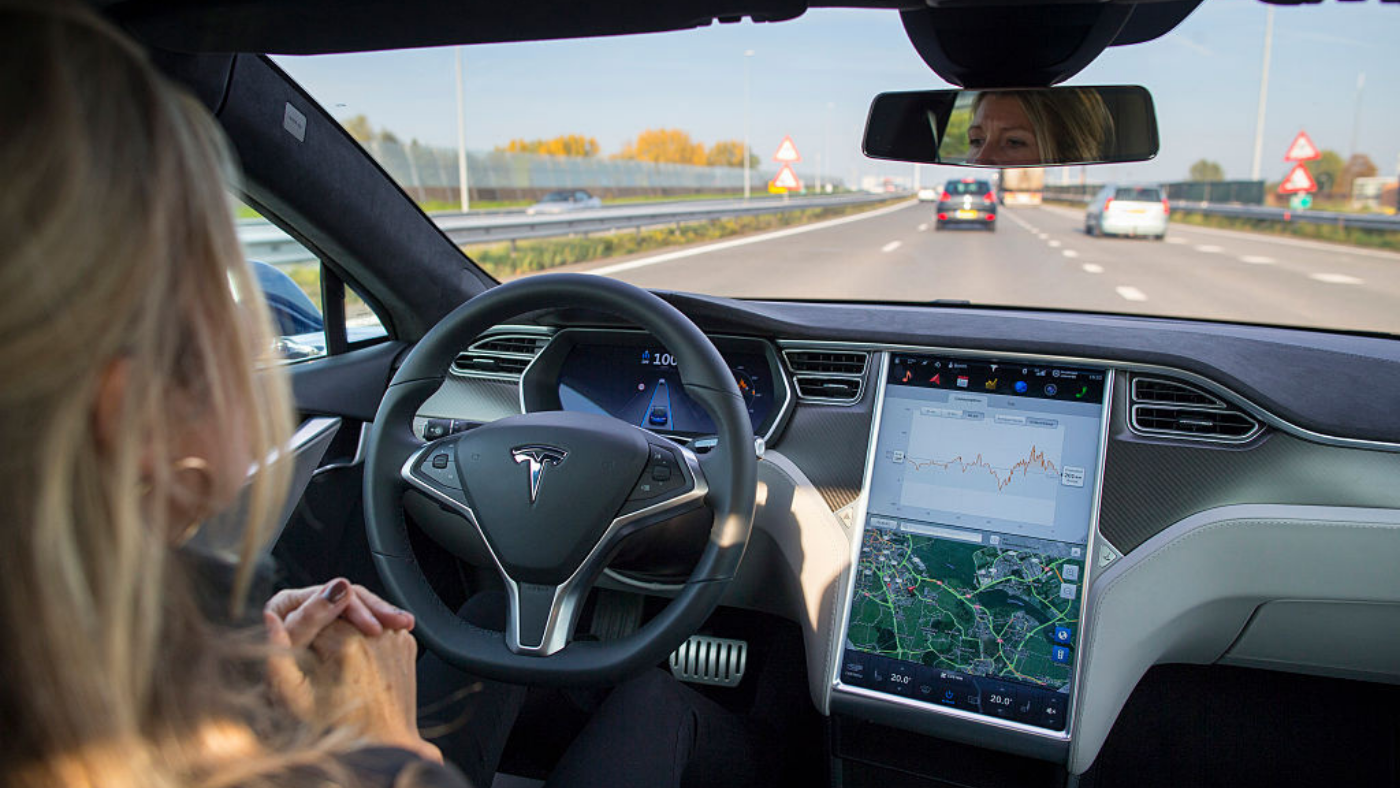 Pros and cons of driverless cars
Pros and cons of driverless carsPros and Cons Changes to road rules could see automated vehicles on UK roads by the end of the year
-
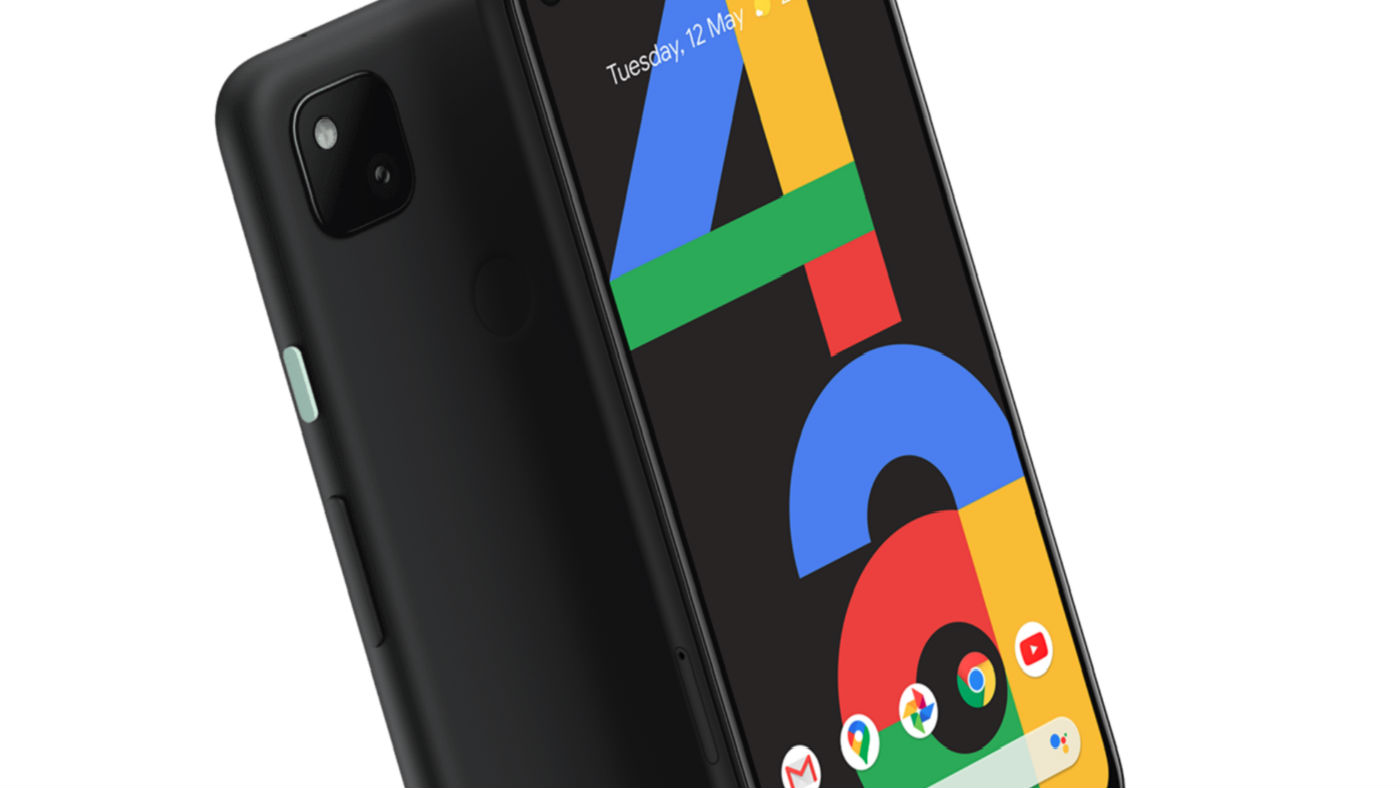 Google Pixel 4a review: shoot for the moon - and the stars
Google Pixel 4a review: shoot for the moon - and the starsThe Week Recommends The new handset offers Night Sight camera mode and long battery life for just £349
-
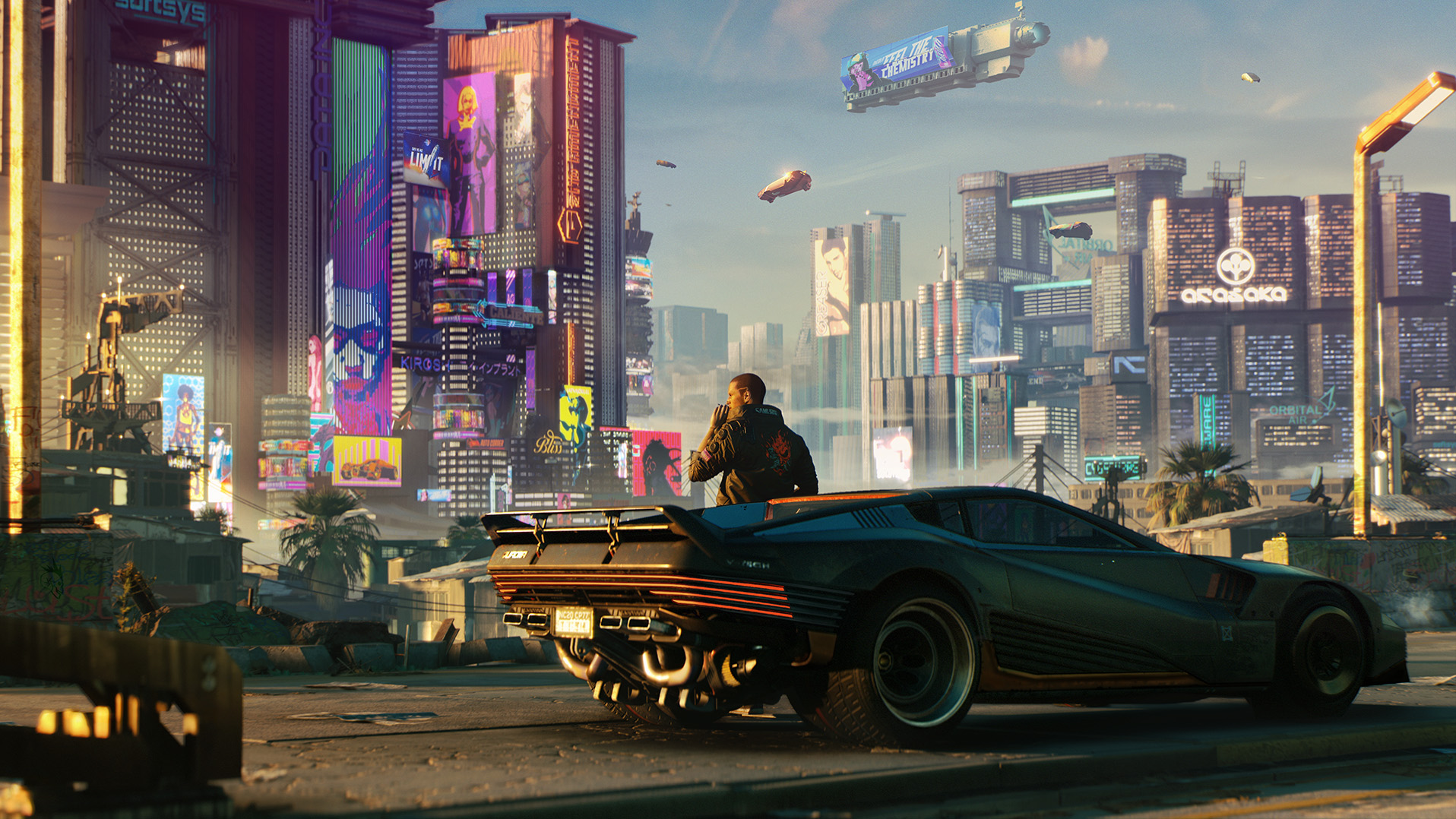 20 best new video games to play in 2020
20 best new video games to play in 2020The Week Recommends It’s a huge year in gaming with new titles and consoles hitting the market
-
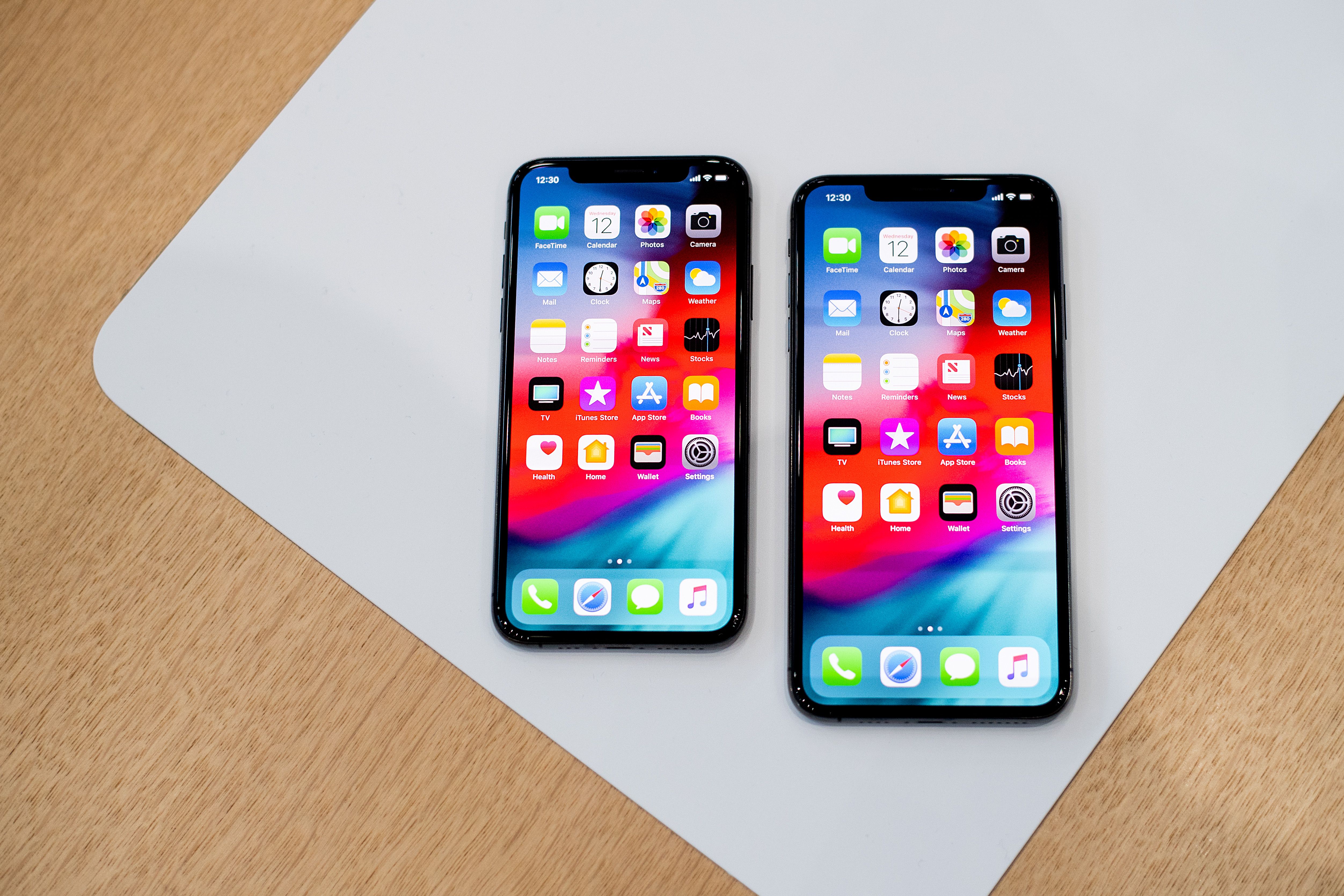 Huawei P30 Pro vs. iPhone XS Max vs. Google Pixel 3 XL: which one is best?
Huawei P30 Pro vs. iPhone XS Max vs. Google Pixel 3 XL: which one is best?The Week Recommends The Chinese tech giant’s latest smartphone goes on sale tomorrow - here’s how it compares to its main rivals
-
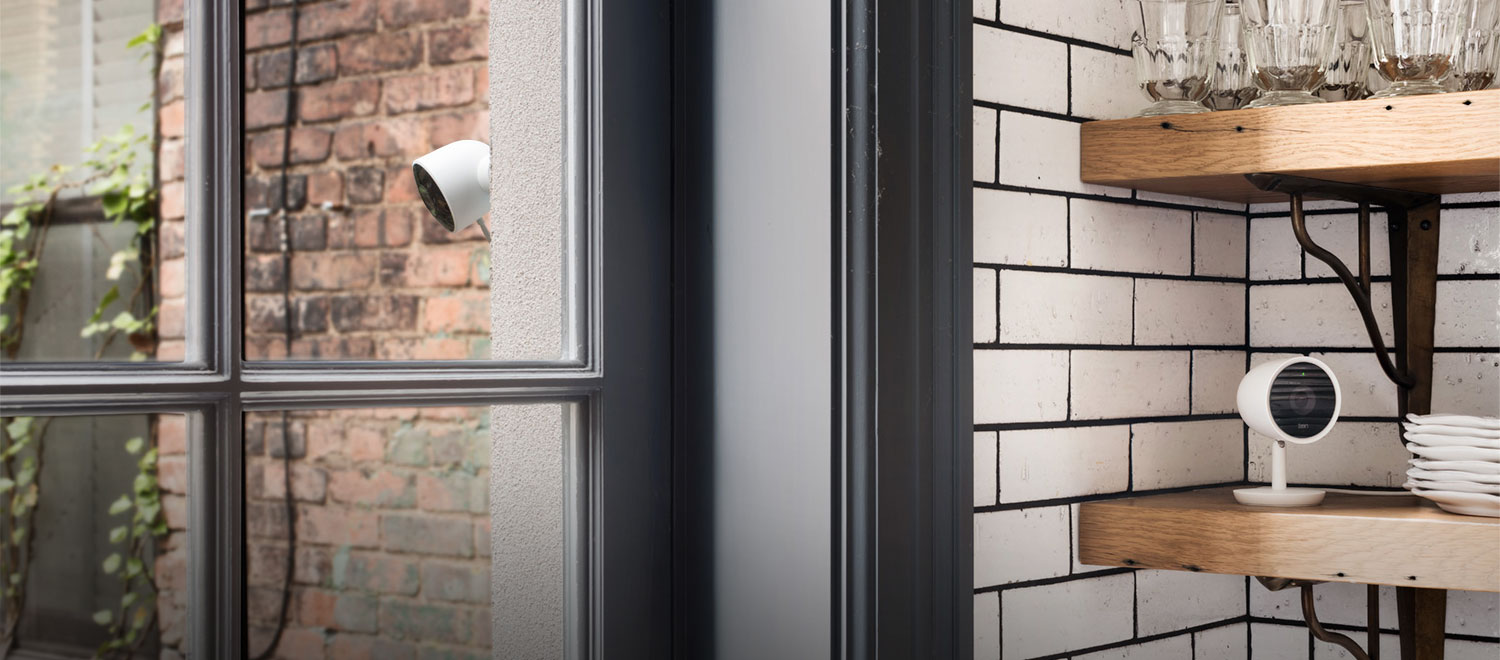 Smart protection: monitor your home with Google and Nest
Smart protection: monitor your home with Google and NestThe Week Recommends Internet-connected doorbells, security cameras and smoke alarms can help set your mind at rest
-
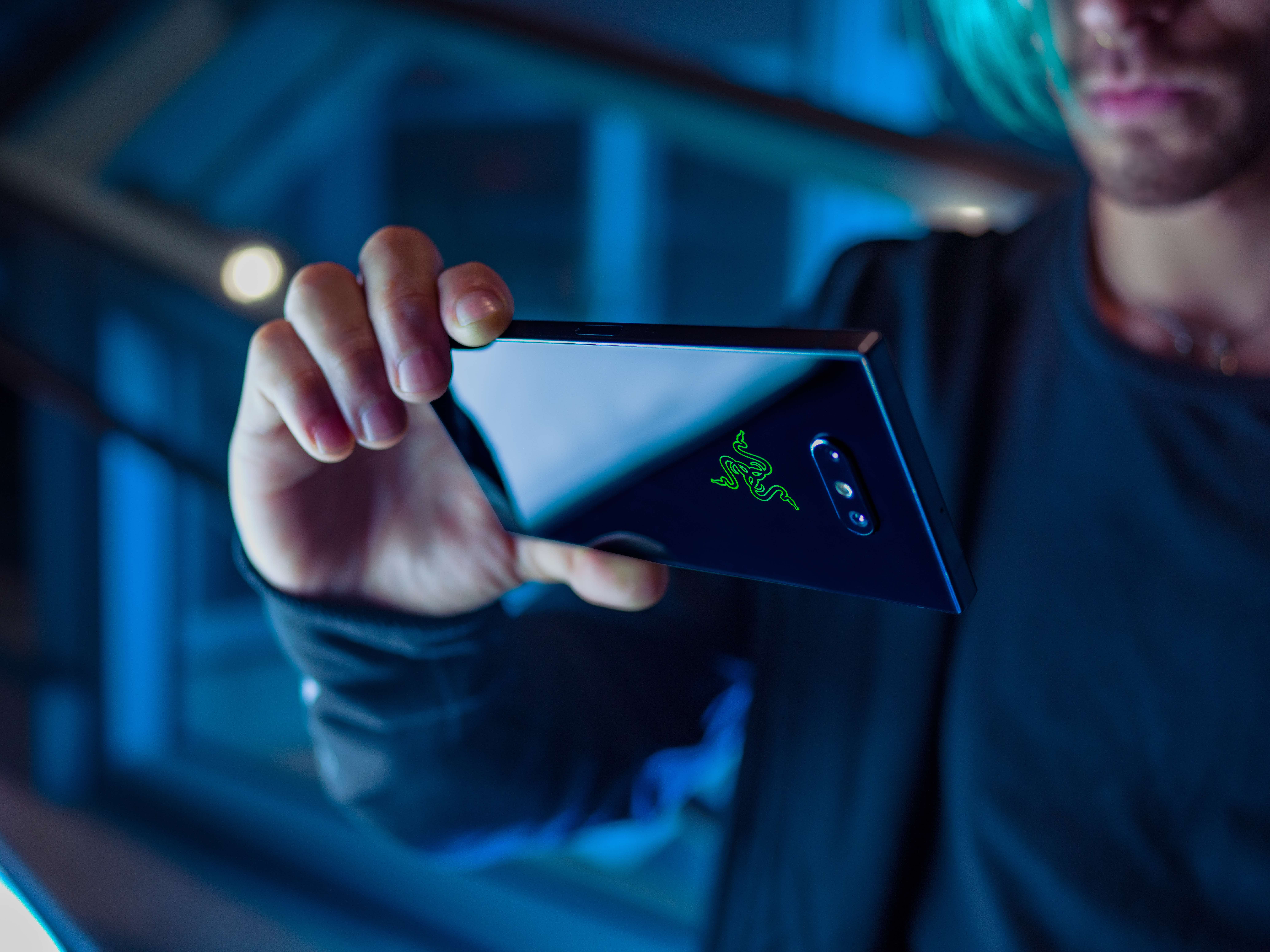 Razer Phone 2: a giant-slaying smartphone?
Razer Phone 2: a giant-slaying smartphone?The Week Recommends New gaming handset features an improved camera - and an inflated price tag
-
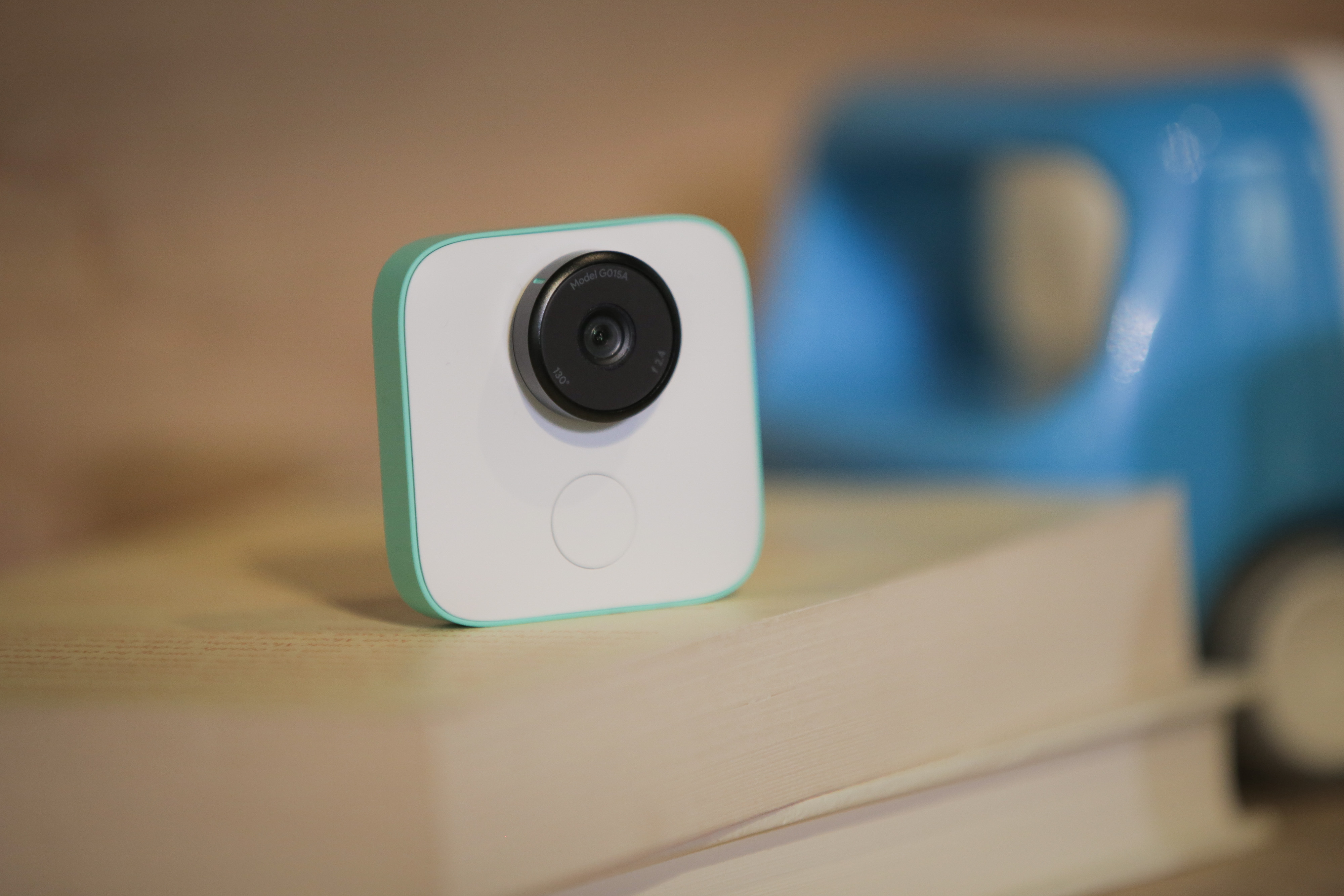 Strike a pose: Google’s AI-powered Clips smart camera
Strike a pose: Google’s AI-powered Clips smart cameraSpeed Read It’s available in the US for $249 but it may be months before the device hits UK shores